Turkey: TDU backs students affected by quake
The PIE News
MARCH 24, 2023
The Turkish German University in Istanbul has handed out 48 scholarships worth some €15,000 to students that were impacted by the recent earthquake in Turkey. ” Along with a fund for study materials, such as paper, books and computers, the university had initially sought to introduce 20 scholarships for the year.

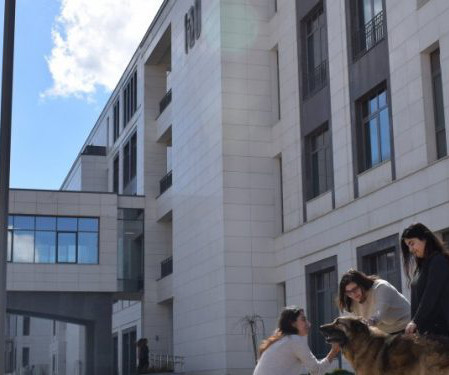
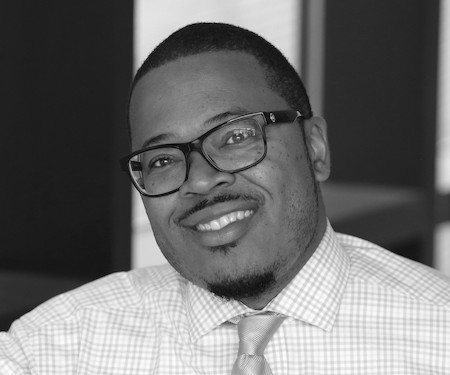
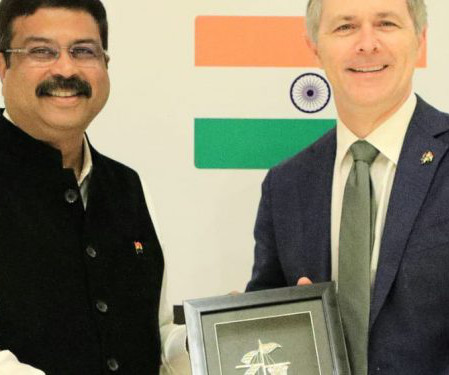
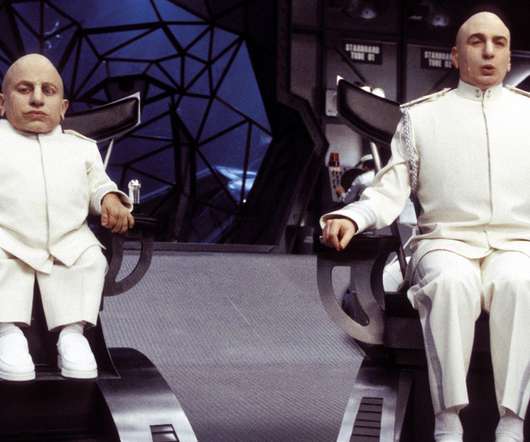
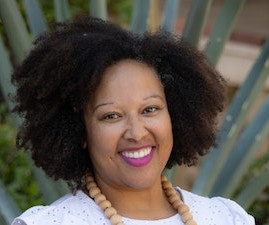






Let's personalize your content